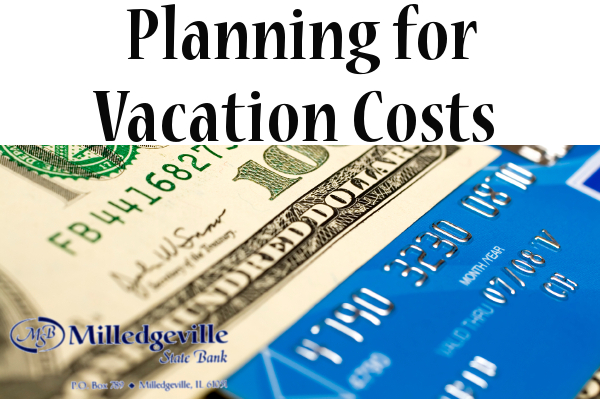With wedding season upon us, many people may have multiple weddings to attend this summer. Although being invited to many weddings is very exciting, it can get expensive quickly. Staying in a hotel, traveling, buying a new outfit, and buying a gift for the happy couple all contribute to costs that you pay to attend.
Milledgeville State Bank wants you and your family to attend all of your summer weddings, worry-free! Here are some tips to keep in mind when preparing for weddings this summer.
- Book and Shop Early. If you decide to buy a gift off of the couple’s registry, try to buy it early so you have more options. Many people will probably buy the cheaper gifts first and if you go shopping too late you may be left with the larger ticket items. Also, if you need to stay in a hotel room, be sure to book it early enough to save yourself a spot in a discounted block of rooms.
- Buddy Up to Split Costs. Whether you share a hotel room with a friend/family member or you go in on a gift together, splitting the costs will make it cheaper for both parties! Also, most couples who are getting married understand how costly weddings can be (think about how much they paid!), so they will appreciate any gift you give.
- It’s Okay to Say No. Sometimes it just won’t be realistic for you to attend certain weddings. Depending on your finances, it can be hard to keep up with all of the weddings, especially if a wedding is across the country. So it is okay to say no, just don’t forget to RSVP, and send a note and/or gift in the mail.
Milledgeville State Bank wants you to enjoy all of the happiness of attending a wedding without having to sweat the costs; preparation is key.
Don’t hesitate to give us a call or stop by today!
Milledgeville State Bank
Member FDIC
Equal Housing Lender









